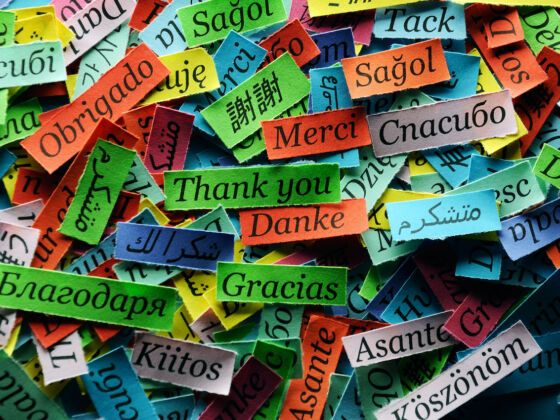Being fluent in English is like laying on an inflatable raft in the middle of an ocean.
It’s easy; it’s comfortable, and it gets you places. But I’m addicted to the process of looking at a symbol that means nothing and unlocking it until I lose access to that meaninglessness.
It’s a weird feeling, that transition.
Imagine that you are driving down the highway and have no idea that orange traffic cones mean construction. Can’t do it? You’ve crossed the semantic fence, where orange will never just be orange anymore.
I wish I knew what every symbol meant, every tattoo, every weaved garment whose stripes indicate tribe status, every letter of Hebrew and even every corporate logo.
Unlocking them is nothing like lying on a raft. It’s like treading water in a vast ocean, with lots of liquid in your ears.
